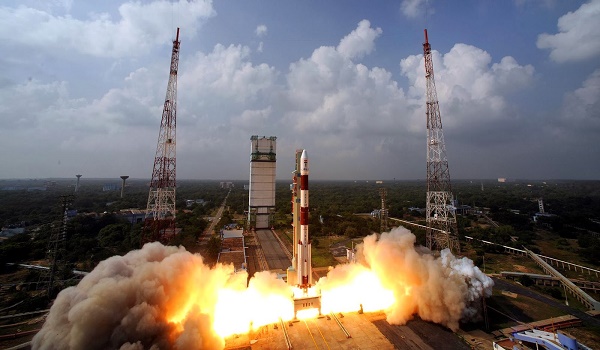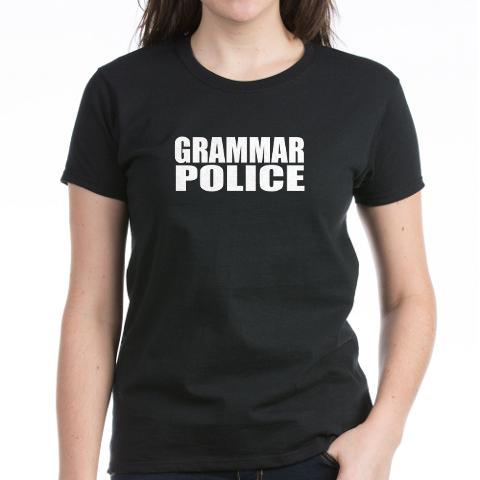What Are Exoplanets And How NASA Detects Life Beyond Our Solar System
Bharti Airtel Set To Acquire Telenor India Within This Year
Google Celebrates NASA’s Discovery Of Seven Earth-Like Planets With An Animated Doodle
Some Home Remedies That Might Sound Bizarre But Actually Work Like A Charm
Akshay Kumar Feels He Has Made Enough Money, Now Wants To Focus On Content & Characters
Delhi ATM Dispenses Fake Rs 2000 Notes From ‘Childrens Bank of India’ With ‘Churan Lable’
Adolf Hitler’s Personal Telephone During World War II Is Up For Auction In The US
From Salman Khan To Rekha, Neil Nitin Mukesh’s Wedding Reception Was Quite A Starry Affair
Author JK Rowling Explains Why She Isn’t Joining The Cultural Boycott Of Israel
A number of authors have backed a network to promote co existence and dialogue between Israel and Palestine. It was a movement, partly to counter the cultural boycott of Israel. The Palestinians have been campaigning for the boycott since April 2004, where they have called upon intellectuals and academics worldwide to boycott all Israeli academic and cultural institutions as a mark of protest to end the Israel's occupation, colonisation and system of apartheid. Recently, JK Rowling along with other authors joined hands but called for a cultural bridge and not a boycott. Ever since then, fans of the author have been asking her why she took such a decision. In an open letter the author has explained her standpoint. I've had a number of readers asking for more information about why I am not joining a cultural boycott of Israel, so here it is: As the Guardian letter I co-signed states (http://ow.ly/TQlIl), the signatories hold different views on the actions of the current Israeli administration. Speaking purely for myself, I have deplored most of Mr Netanyahu's actions in office. However, I do not believe that a cultural boycott will force Mr Netanyahu from power, nor have I ever heard of a cultural boycott ending a bloody and prolonged conflict. If any effects are felt from the proposed boycott, it will be by ordinary Israelis, many of whom did not vote for Mr Netanyahu. Those Israelis will be right to ask why cultural boycotts are not also being proposed against - to take random examples - North Korea and Zimbabwe, whose leaders are not generally considered paragons by the international community. The sharing of art and literature across borders constitutes an immense power for good in this world. The true human cost of the Palestinian conflict was seared upon my consciousness, as upon many others', by the heart-splitting poetry of Mahmoud Darwish. In its highest incarnation, as exemplified by Darwish, art civilises, challenges and reminds us of our common humanity. At a time when the stigmatisation of religions and ethnicities seems to be on the rise, I believe strongly that cultural dialogue and collaboration is more important than ever before and that cultural boycotts are divisive, discriminatory and counter-productive.




